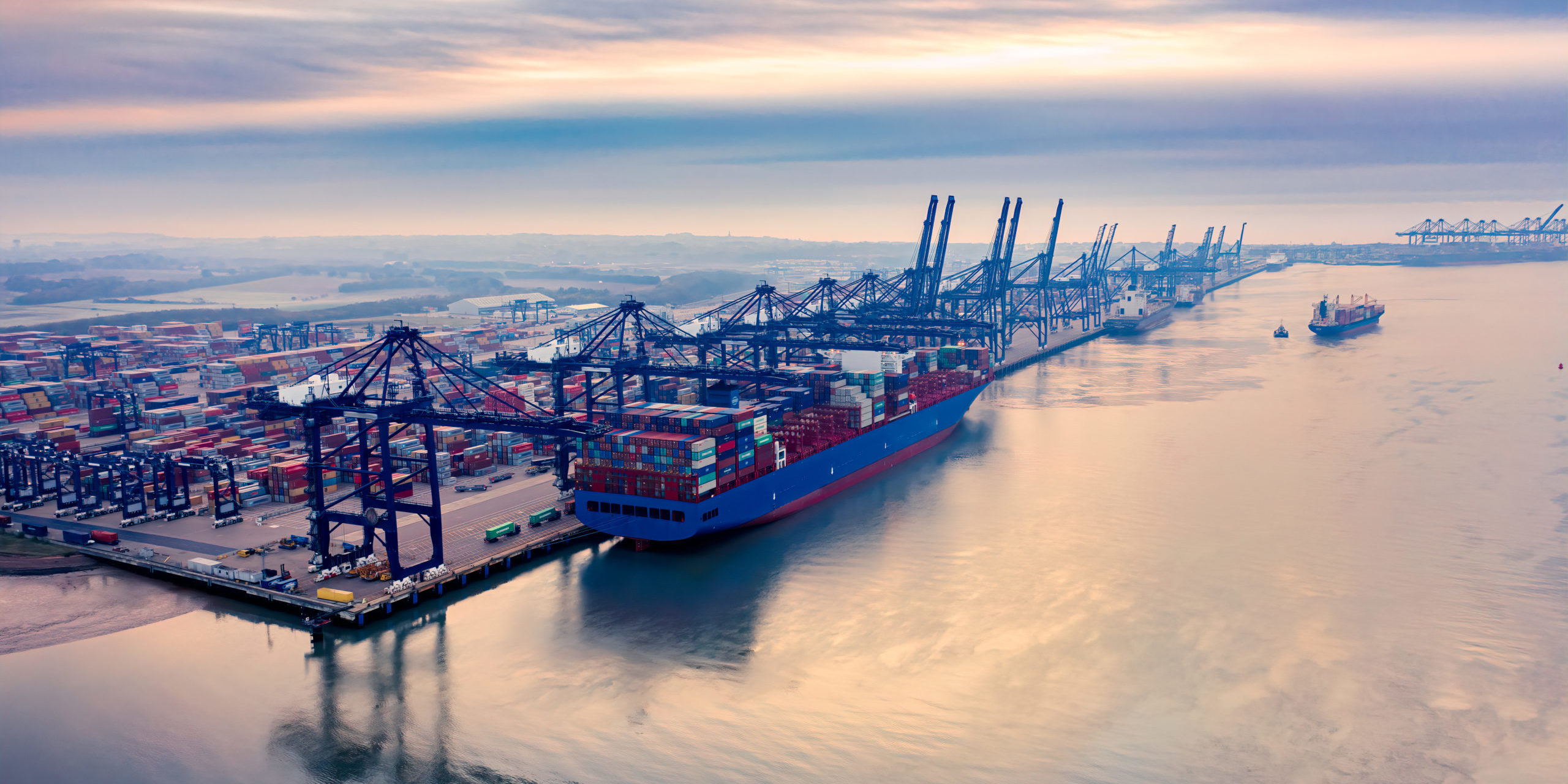Byretech Ltd are pleased to have supplied the Port of Felixstowe with Liquid Guard® to help reduce the risk of transmission of Covid 19 between employees using the same equipment. Liquid Guard® is an antimicrobial nano-coating that breaks the transmission of bacteria and virus between hands and surface touch points.
Liquid Guard’s easy two-part application process ensured that the port’s maintenance teams could apply it as part of their regular cleaning and maintenance regimes, despite some of the plant being situated in what could be described as a ‘challenging environment’.
Having been independently laboratory tested against SARS CoV-2, other enveloped viruses and commonly found infections. Combined with abrasion testing, Liquid Guard® antimicrobial coating provides businesses of all shapes and sizes a real alternative to daily deep cleaning of challenging areas and environments.
Felixstowe Port is fundamental to the UK for the import and export of goods, from Europe and the world.
The port’s unique location provides it with many natural advantages, which its owners, Hutchinson Ports, have progressively capitalised on, cementing its position as the UK’s busiest container port and one of the largest in Europe. With continued improvement to onward bound internal transport links and berthing upgrades, it has maintained its dominant position.
The port is ideally situated to take advantage of some of the deepest water between the shore and the open sea allowing easy access to major shipping lanes. It has the capability to handle 4 million twenty-foot equivalent units (TEU’s) and over 3000 ships each year, some of which are the largest vessels afloat today.
Continued improvement of its internal UK rail links have seen it add two new services to the East Midlands and Yorkshire, which were opened in the first quarter of 2021, helping businesses to reduce their carbon emissions and maintain deliveries with the current shortage of HGV drivers.
The port is run and maintained by a 2,500-strong workforce, which has continued to work through the pandemic, ensuring that the UK’s supply chains are preserved. To maintain operations quayside and landside, the port quickly made changes to reorganise staff into smaller teams, facilitated working from home wherever possible – eased by their substantial on-going investment in technology and introduced enhanced cleaning and hygiene measures.









